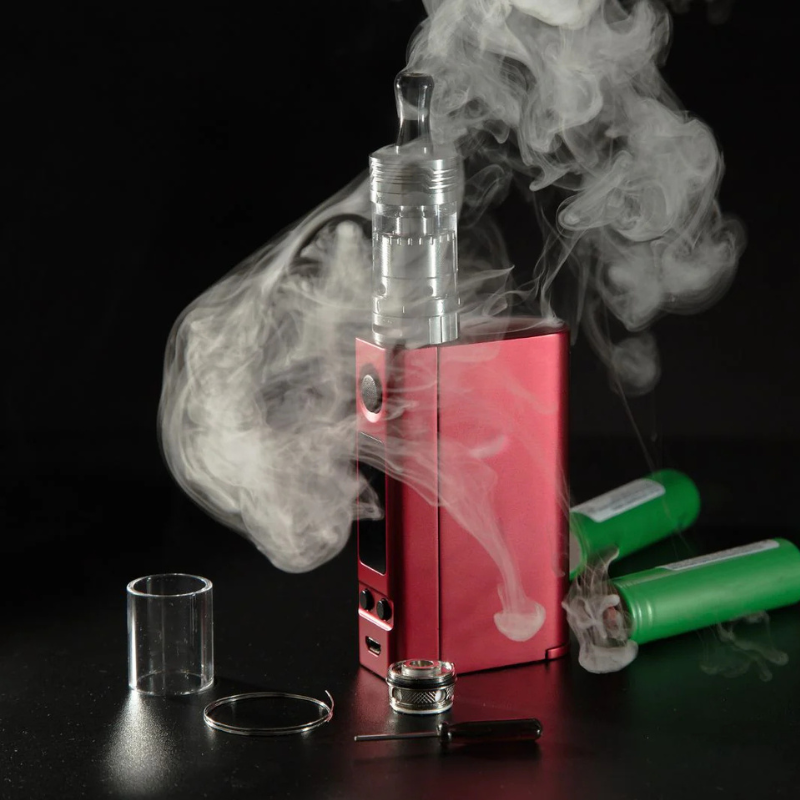
Politics is more than elections and debates it’s the system that shapes how we live. From taxes to education, healthcare to climate change, political decisions affect our daily routines. Understanding how power, policy, and people interact is key to staying informed, making smart choices, and being a part of meaningful change.
In this post, we’ll break down the core parts of modern politics in a clear, or geek bar blueberry watermelon practical way. Whether you’re a longtime political follower or just starting to pay attention, this guide will help you see the bigger picture and your role in it.
Power: Who Holds It and Why It Matters
Power in politics is about influence—who gets to make decisions and how they affect others. It doesn’t always look like someone standing at a podium. Power can be found in many places, including governments, corporations, social movements, and even local communities.
Here’s how political power works in today’s world:
Elected Officials
These are presidents, governors, mayors, and legislators. They are chosen by voters and have the legal authority to create and enforce laws.Unelected Influencers
These include lobbyists, business leaders, and media organizations. While they don’t hold office, they often shape public opinion and influence decisions behind the scenes.Institutions
Courts, central banks, and international organizations (like the UN or NATO) also hold power by interpreting laws, setting economic policy, or mediating global conflicts.The People
Citizens hold power through voting, protesting, campaigning, and even posting on social media. When organized, people can drive large-scale political change.
In modern politics, power is rarely held by just one group. It’s about balance and conflict between institutions, leaders, and citizens. Recognizing where power lies helps us better understand current events and policy decisions.
Policy: How Decisions Get Made
Policy is the action plan behind politics. It’s what governments do to address problems and manage resources. Policies affect everything from how schools are funded to how healthcare is delivered or how the economy is regulated.
Here are the key stages of policy-making:
Issue Identification
This is the starting point. A problem becomes visible—like rising unemployment, crime rates, or environmental threats.Policy Development
Lawmakers and advisors draft possible solutions. They may consider data, expert input, and feedback from the public.Decision-Making
The government votes on the policy. This could be a city council passing a local law or a national parliament approving new legislation.Implementation
Once passed, policies are carried out by agencies, schools, hospitals, police, and other institutions.Evaluation
Policies are monitored to see if they work. Sometimes they’re updated or replaced if results don’t match the goals.
Policy is often shaped by more than facts. Politics, public opinion, interest groups, and the media all play a role in shaping what decisions are made—and which are ignored.
The People: Participation and Power from Below
Modern politics isn’t just about leaders and institutions. It’s also about everyday people—and the different ways they engage in political life.
Political participation can take many forms:
Voting
Still the most direct way to influence change. Local elections often have the biggest impact on daily life.Activism
Protests, petitions, and community organizing help raise awareness and push for action.Civic Engagement
Joining town hall meetings, school boards, or advocacy groups allows people to influence local policies.Online Influence
Social media campaigns can build movements and hold leaders accountable. Platforms like Twitter and Instagram have become important tools in modern politics.Economic Choices
Where you spend your money also matters. Supporting a small business, a union-backed company, or even a cause-focused vape store can be a political act.
People matter in politics. When citizens are informed and engaged, they can challenge corruption, demand better services, and push leaders to act in the public interest. When people are silent, power often shifts to those with money or influence.
Real-World Issues: Politics in Daily Life
Many people think politics is distant or complicated. But politics touches almost every part of our lives.
Consider these areas:
Healthcare
Policies decide who gets care, how much it costs, and which services are covered.Education
From school funding to curriculum decisions, political debates shape what students learn.Economy
Minimum wage laws, job programs, and tax policies affect incomes and job opportunities.Climate and Environment
Laws on pollution, energy use, and land management are all political decisions.Civil Rights
Access to voting, fair treatment by police, and protection from discrimination come from laws and policies.
Even the cultural choices we make can carry political weight. For example, a frozen strawberry geek bar that chooses to promote clean energy use or community health programs might influence local attitudes and policy decisions. Politics is everywhere—it’s just a matter of paying attention.
Conclusion: Stay Informed, Stay Involved
Modern politics is not just about who’s in power. It’s about the ideas, rules, and people that shape society. When we understand how politics works—who has power, how policies are made, and how we can take part—we become better citizens.
Here’s how you can stay engaged:
Follow trusted news sources, and read from different perspectives.
Ask questions and talk about politics with friends and family.
Vote in every election, not just national ones.
Join a cause or community group that aligns with your values.
Support businesses and groups that reflect your beliefs—even a neighborhood geek bar pulse zodiac flavors can play a role in political and social movements.
Politics is complex, but not impossible to understand. And it doesn’t require a PhD or a big platform to make a difference. Every informed choice and action, no matter how small, contributes to shaping the future.










.jpg)
.jpg)
.jpg)
.jpg)
.png)
.png)
.png)
.jfif)


Write a comment ...